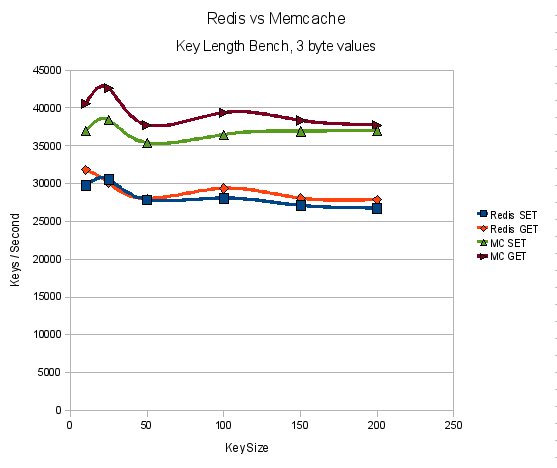I'm running a Magento EE 1.12.2 (equally in CE 1.7.2) where we have Redis for caching (Cm_Cache extension, Redis v 2.2.12), but we use Memcache for session storage.
Redis is not supported out of the box on these Magento versions. So my concern here is:
- Is it worth the hassle to get session storage into Redis in terms of effort vs. speed improvement?
- Isn't Memcache just as good or maybe even better?
In this project we have large session files as we need to store third-party XML files into the session, so optimizing session read and writes can have a considerable impact.
From local.xml:
<session_save><![CDATA[memcache]]></session_save>
And:
<cache>
<backend>Cm_Cache_Backend_Redis</backend>
[...]
</cache>

